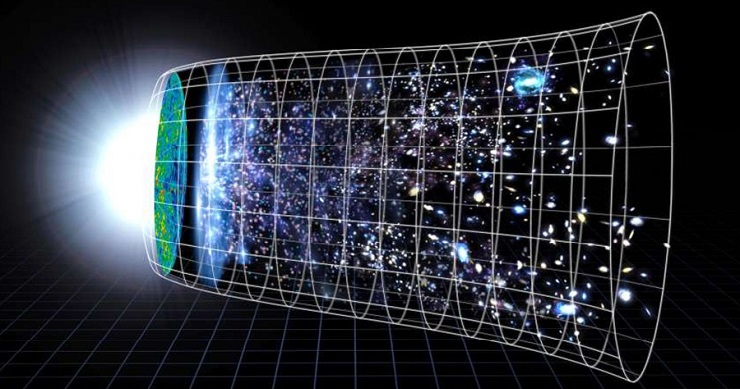It is thought by some physicists that both the beginning and end of the universe might be the same thing. A cyclical universe model called “conformal cyclic cosmology” has been proposed by Roger Penrose, the 2020 Nobel Prize-winning physicist. According to this view, the Big Bang came about from nearly nothing at all. The conformal cyclic cosmology model provides some speculative answers as to how the Big Bang arose. Options regarding how the cycles began include no physical explanation at all, endless repeating cycles, and one single cycle.
Key Takeaways:
- Matter and material pop in and out of existence giving the thought that it was right place right time for the big bang.
- It is also believed that it is the end of a super massive blackhole expelling all the matter it took in.
- It may seem like nothing was there, but there was many quantum mechanics taking place.
“The philosopher David Albert has memorably criticised accounts of the Big Bang which promise to get something from nothing in this way.”
Read more: https://www.unexplained-mysteries.com/news/354145/how-could-the-big-bang-arise-from-nothing
References:
- Unexplained Mysteries (Website)
- Cosmoknowledge (YouTube Channel)


Leave a Reply